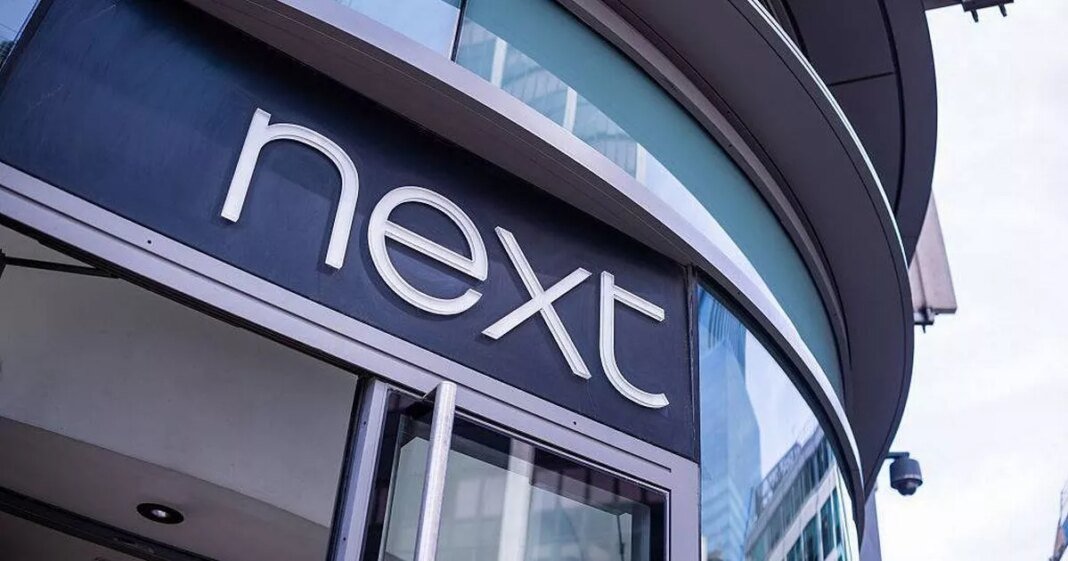Fashion retailer Next is experiencing a competitive job market, with an average of 67 applicants vying for each available position, according to recent reports.
The company has noted a significant decrease in job openings for store staff over the past two years, as existing employees opt to remain in their roles amidst economic uncertainties.
Despite the decline in vacancies, applications for retail positions have surged by 72%, resulting in an average of 16 candidates per job. The competition is even fiercer for head office roles, with a 121% increase in applications since 2023, equating to 67 applicants per vacancy.
This trend coincides with criticisms of the government’s decision to raise national insurance contributions for businesses, leading to higher employment costs. Additionally, the rise of artificial intelligence in the workplace is gradually replacing human tasks.
Next’s CEO, Simon Wolfson, mentioned that these cost escalations have accelerated the shift towards automation and increased productivity. He reassured that mass job losses were unlikely, as industries are gradually adopting mechanization and AI technologies to offset rising expenses.
Lord Wolfson expressed concerns about the potential impact of Labour’s Employment Rights Bill, cautioning that it could inadvertently reduce employment opportunities and affect wages negatively. He particularly highlighted the implications of extending protections to workers on “low hour” contracts.
Despite economic challenges, Next reported a significant profit increase of nearly 14% to £515 million for the first half of the year, attributing the growth to favorable weather conditions and disruptions in online clothing orders at rival company Marks & Spencer.
Looking ahead, Next anticipates slower sales growth in the latter part of the year due to the prevailing economic conditions. The Bank of England decided to maintain interest rates at 4%, emphasizing the ongoing concerns about inflation, driven partly by tax changes affecting food prices.
Bank Governor Andrew Bailey emphasized the cautious approach towards future interest rate adjustments, stating that any cuts would be made gradually to assess the evolving inflationary pressures in the UK.
The Monetary Policy Committee (MPC) reiterated its vigilance in reducing borrowing costs until there is substantial evidence of easing inflationary pressures in the country.

